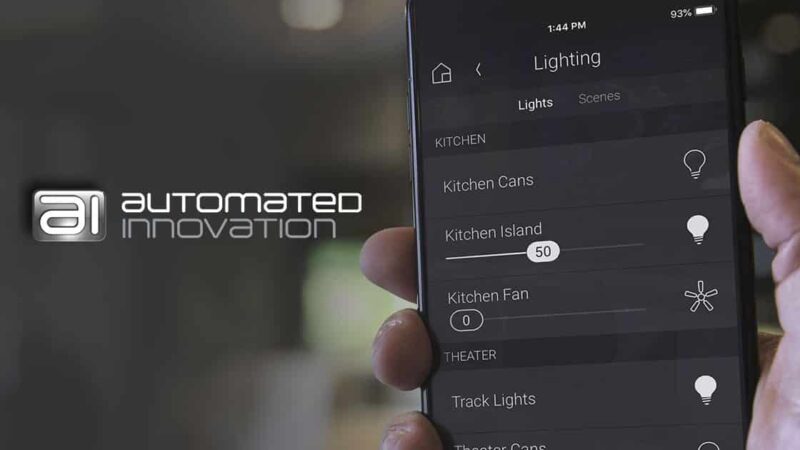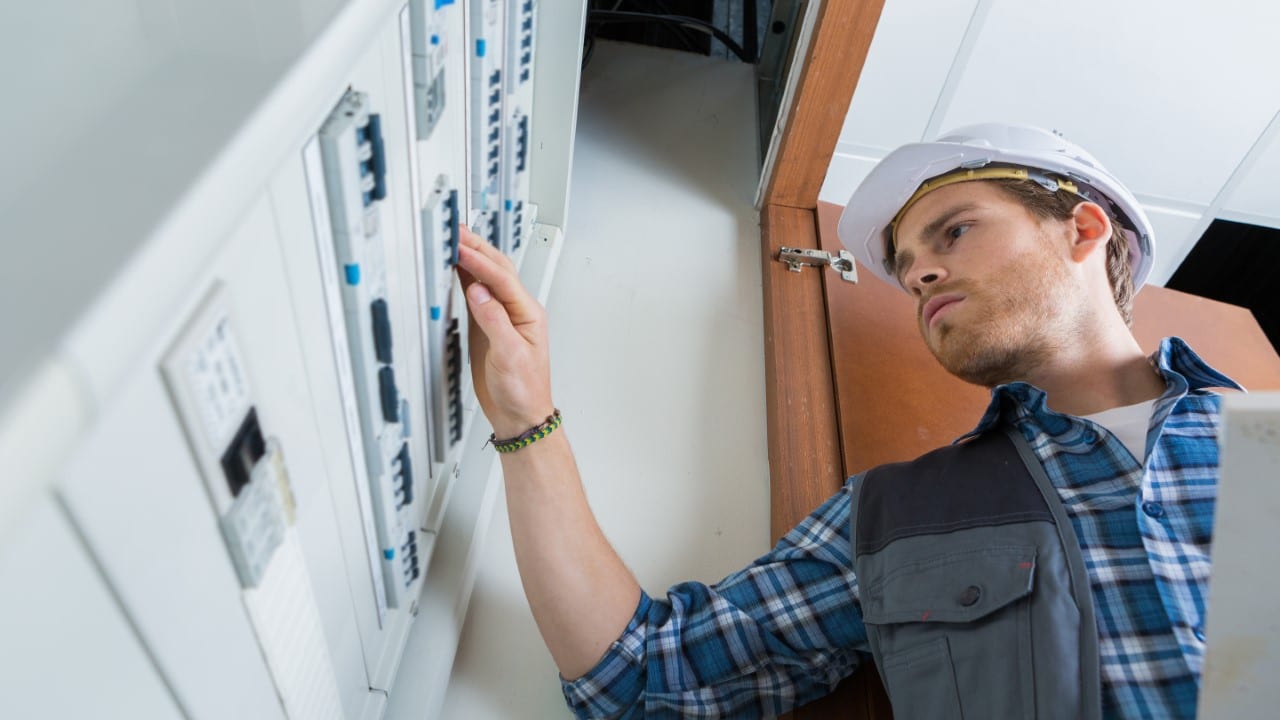When we think of an electrician, plugs and household installations always come to mind. However, these professionals are also responsible for the assembly, maintenance and repair of all types of electrical systems both in homes, as well as in companies, manufacturing industries or power plants. It is a complex job that requires very specific knowledge, we will tell you everything about the profile of an electrician technician.
What does an electrical technician do?
The tasks that an electrical technician can perform are vast. In fact, there are several specializations within this profession to be able to dedicate to very particular sectors. Broadly speaking, so that we can get an idea of the main jobs for which it can be responsible, we can consider the following list:
- Installation and preventive maintenance of electricity services such as lighting, electrical supply or heating. Both domestically and in companies of all kinds.
- Install, maintain and update electrical equipment in new or remodeled buildings, including wiring, meters, or electrical installations.
- Interpretation of technical drawings and construction plans to decide how to install the wiring, the location of sockets, switches, etc.
- Isolation of electrical systems with the relevant security measures.
- Repair of domestic or industrial electrical appliances and equipment.
Professional profile of an electrician technician

In order to perform the tasks of this profession with ease, it is advisable to have a broad profile focused on finding the best solution to problems, among other things. If you want to become an electrical technician, you should know that these are the desirable characteristics in an electrical manager:
- Have manual skills when handling tools and devices.
- Have knowledge of technical drawing to be able to interpret plans and diagrams.
- Be up to date on safety and prevention of occupational risks.
- Be a detailed and meticulous person with the ability to work in a methodical and orderly manner.
- Keep up to date on technological and industrial advances.
- Have a good hand in interpersonal relationships, in dealing with clients and other professionals.
- Be quick to resolve any incident or problem.
- Be in shape, since it is a job that requires significant physical effort.
- Usually it is also valued to have a driving license.
Essential skills of an electrician
An electrician technician usually faces complicated and dangerous situations in the development of his work on a day-to-day basis. So in addition to having specific knowledge of electrical codes or connections, you must have certain skills that allow you to do your job correctly and safely.

- Have mechanical skills. It is necessary not only to know and know how specialized tools work, but also to have general dexterity with your hands. As well as speed of movements to be able to overcome physical obstacles that may arise.
- Have specific knowledge of electronics and mathematics. In addition to knowing how electrical appliances work in general, it is important to have a broader background that includes knowledge of physics in order to understand the operation of electricity. As well as sometimes, have engineering notions to be able to face large projects. And of course, have skills with mathematics to be able to perform calculations quickly.
- Be willing to troubleshoot on the go. It is very rare to be able to carry out a project in which no incident arises. A good profile of an electrician must be able to analyze the different situations in order to find the best solution in a very short period of time.
- Have a good reading comprehension. In addition to having to interpret plans and technical drawings, it is likely that on many occasions you will receive written instructions or that you will have to communicate with your clients by email or message. Being able to interpret messages correctly is key to getting the job done.
- Be skilled at maintaining interpersonal relationships. On the one hand, it is important since many electrical technicians work directly for the client, but in addition, in many jobs they must be integrated within a team or coordinated with other professionals. If you do not know how to manage these situations, you may not be able to develop a successful professional career.
Regulated training to become an electrical technician
Obviously, in addition to having these skills and a suitable profile, it is necessary to have specific training that provides the necessary knowledge to become an electrical technician. These are the most common courses with which to obtain this degree so valued in the world of work:
- Electrician installer courses.
- Industrial electricity courses.
- Medium grade training cycles in electrical and automatic installations.
- Higher-level training cycles in electro technical and automated systems.

Remember that it is essential to have a good specialized education to be able to develop this profession safely. When hiring an expert, do not hesitate to request the qualifications that prove their professional training to complete the profile of an electrical technician. Contact Powered Electrical & Data today!
You may also like to read: Electrician’s Safety Guide: 2 Causes of Burnt or Melted Outlet






